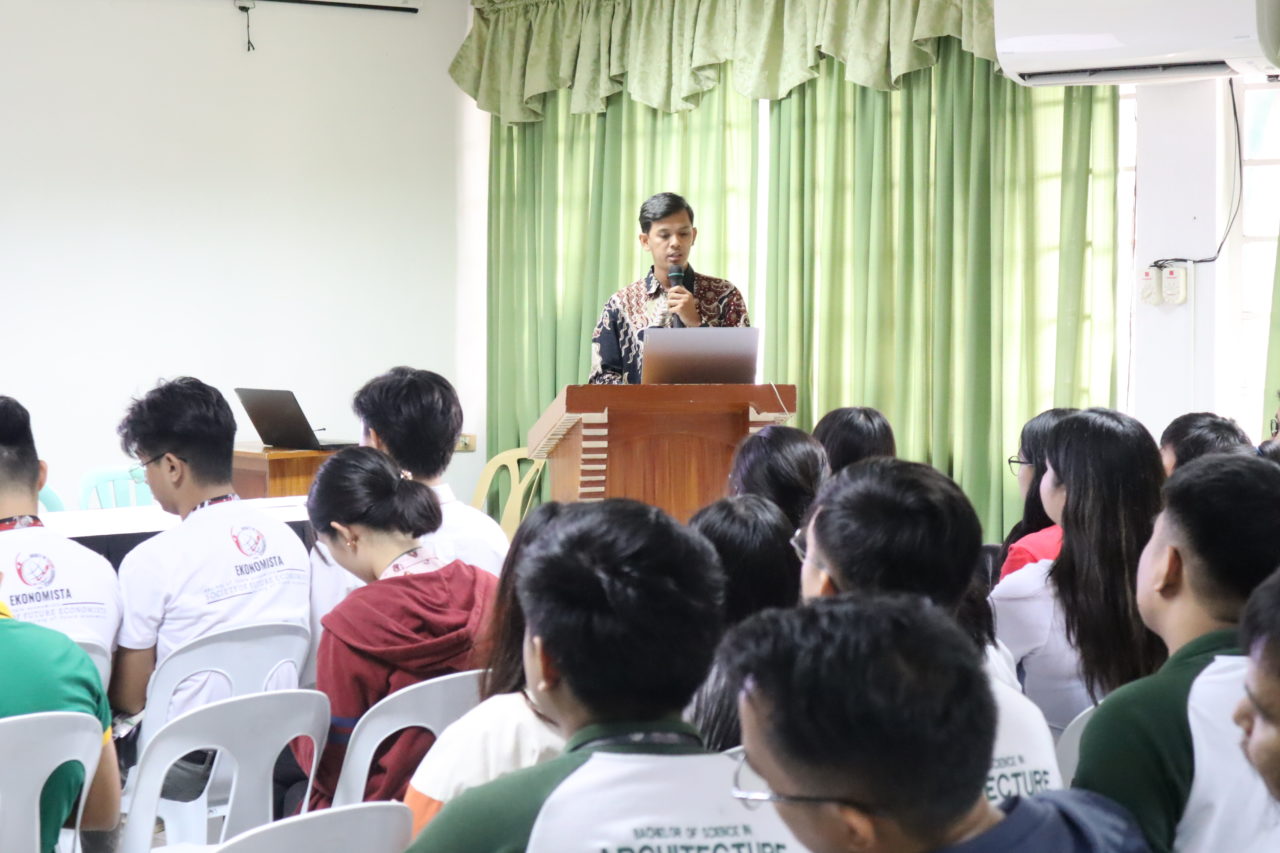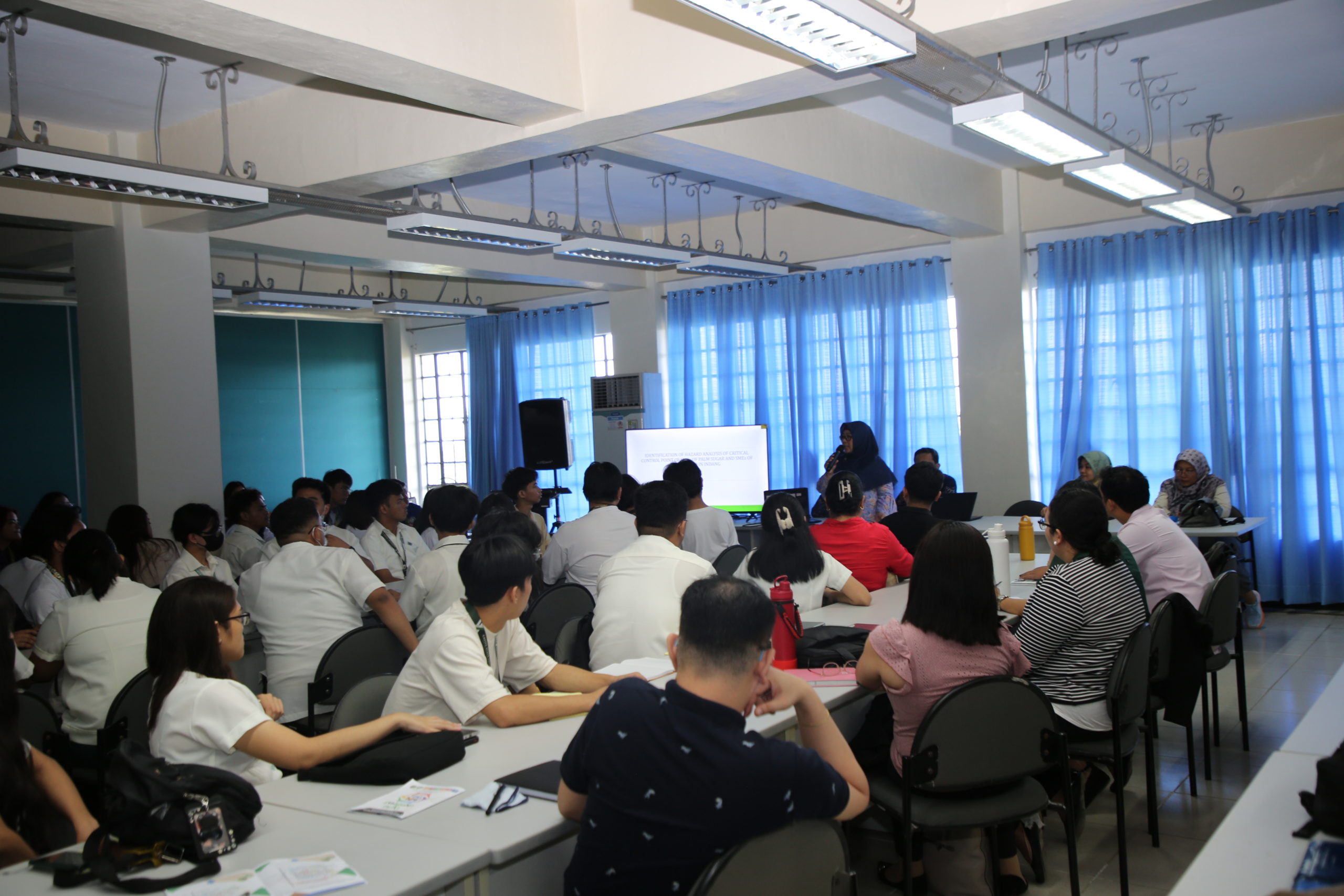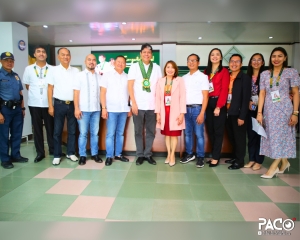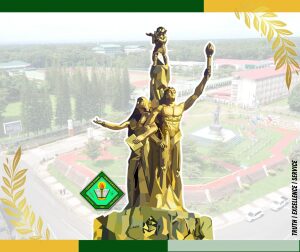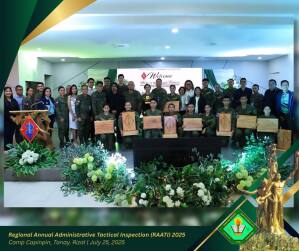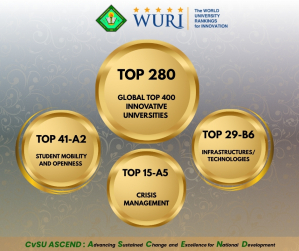![]()
Cavite State University (CvSU) and partner institution Universitas Wahid Hasyim ([UNWAHAS] Wahid Hasyim University Indonesia) held a three-day conference titled “Cultural Confluences: A Multidisciplinary Lecture Series on ASEAN Perspective,” November 8-10.
Visiting professors from UNWAHAS composed of Dr. Indah Hartati, Fandy Indra Pratama, Arief Hidayat, Farikha Maharani, and Khanifah Se shared their expertise on research and application of information technology (IT) for small and medium enterprises (SMEs) and food industry.
This activity was conducted in collaboration with the International and Local Collaborations and Linkages Office; College of Engineering and Information Technology; College of Economics, Management and Development Studies; College of Education; and College of Agriculture, Food, Environment and Natural Resources.
The lecture series started with discussions on the current status of halal certification of SMEs in Central Java; the role of IT in SMEs’ performance in Indonesia; halal tourism in Indonesia; high quality assurance in the food industry; synergizing perspectives: role of chatbots in MSMEs for seamless customer service integration; and research methodology.
For day two, the lecture focused on research collaboration highlighting the identification of Hazard Analysis Critical Control Point (HACCP) of SMEs of palm sugar and local food in Indang.
The activity capped off with a community visit focusing on the application of chatbot and implementation of HACCP for SMEs of palm sugar and local food producers in the municipality.
UNWAHAS lecturers also visited CvSU’s Agri-Eco Tourism Park; National Coffee Research, Development and Extension Center; Sugar Palm Research, Information, and Trade (SPRINT) Center; and the University Historical and Cultural Museum.
This year, CvSU and UNWAHAS entered into a Memorandum of Understanding on academic, research, and social service cooperation where they will undertake institutional exchange, joint research and social services activities, and exchange of academic materials and other scientific information, among other related activities.
